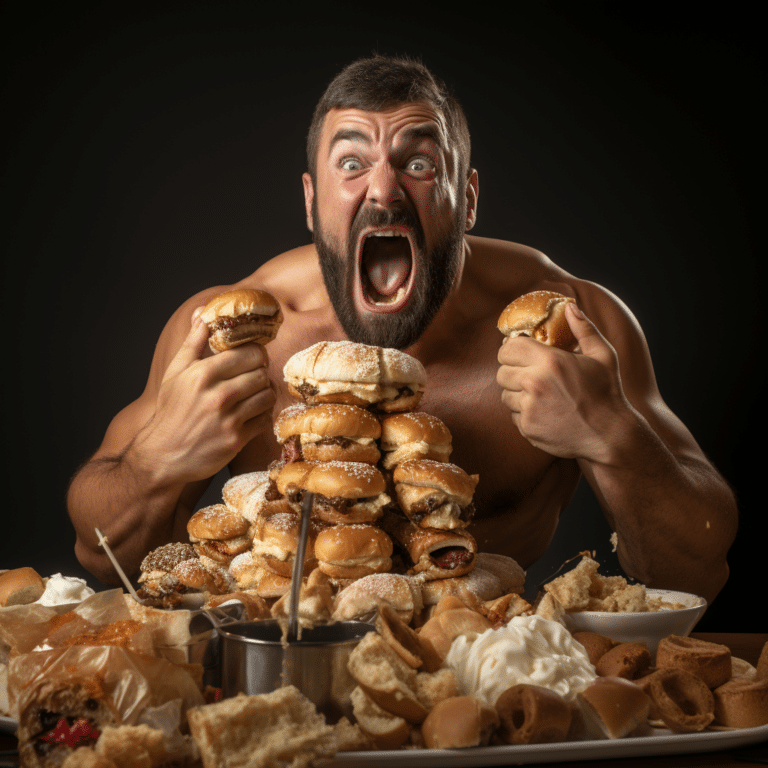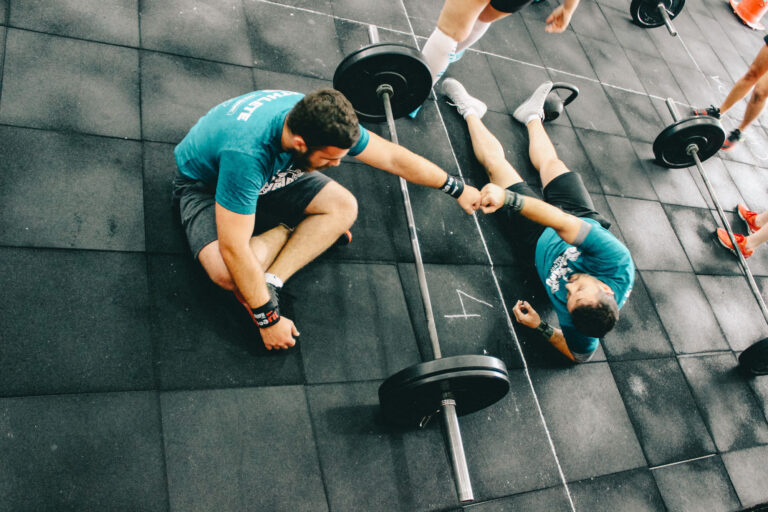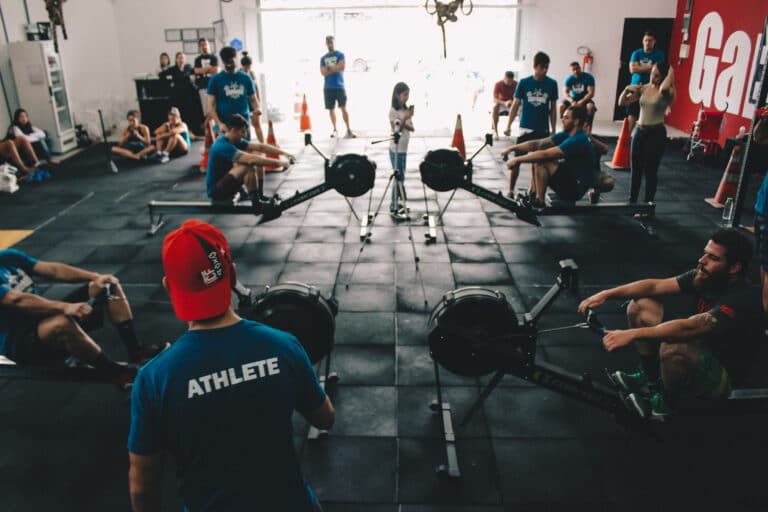Beware the Social Media Fitness Influencer: Why It’s Vital to Approach with Caution
In the digital age, with the ascendancy of social media platforms like Instagram, TikTok, and YouTube, fitness influencers have risen to prominence. With their impressive physiques, charisma, and often motivational content, they naturally garner millions of followers. However, while many might be inspirational, it’s essential to critically evaluate their advice before incorporating it into our lives. Here’s why.
1. One Size Doesn’t Fit All
Every individual is unique, with their genetic makeup, lifestyle, health history, and fitness levels. When a fitness influencer posts a workout routine or diet plan, it’s often tailored to their needs and body type. For someone else, especially without personalized guidance, these regimens can be less effective or even detrimental.
Personal Stories and Anecdotal Evidence: Many fitness influencers build their platforms on personal transformation stories. While these stories can be inspiring, they’re essentially anecdotal evidence. Scientifically, what worked wonders for one might not have the same effect on another. It’s always crucial to prioritize evidence-based fitness advice over anecdotes.
2. Qualifications Matter
Certification vs. Popularity: Popularity doesn’t equate to expertise. While some influencers are certified professionals, many aren’t. Before adopting any fitness advice, it’s worth checking if the person providing it has any formal education or certification in the field.
The Danger of Misinformation: Without proper knowledge, influencers can inadvertently spread misinformation. For instance, certain exercises, if done incorrectly, can lead to severe injuries. The same goes for nutrition advice which, if misguided, can lead to health complications.
3. The Pressure of Unrealistic Standards
The Perfection Illusion: Scrolling through an influencer’s feed, one might believe they lead a perfect life with a flawless body. However, many photos undergo editing or are taken under ideal conditions. This portrayal can set unrealistic standards for followers, leading to dissatisfaction, unhealthy striving, and mental health issues.
The Dangers of Body Dysmorphia: Constant exposure to “ideal” bodies can foster a skewed body image perception. People might start seeing flaws in themselves, which don’t exist or amplify minor imperfections, leading to body dysmorphic disorder. This condition can be debilitating, with individuals resorting to extreme measures to “correct” perceived flaws.
4. The Hidden Commercial Agenda
Endorsements and Bias: While there’s no issue with influencers endorsing products, transparency is essential. Followers deserve to know when a recommendation is organic versus sponsored.
The Question of Authenticity: Some influencers might promote products they don’t use or believe in, just for financial gains. Such endorsements can mislead followers into purchasing products that might not be effective or suitable for them.
5. The Illusion of Quick Fixes
Short-Term vs. Long-Term Solutions: True fitness and health require dedication and time. The allure of rapid results is enticing, but often these “quick fixes” offer temporary results or might be hazardous.
Dependency on Supplements: The fitness industry, especially the supplement sector, is booming. Influencers often promote various supplements, from fat burners to pre-workouts. However, many of these supplements are not FDA-approved and can have side effects.
6. Not All Advice is Safe
Potential for Harm: The danger isn’t just in the realm of misinformation. Sometimes, the advice might be accurate for the influencer but harmful for others. For example, certain high-intensity workouts might be suitable for young adults but dangerous for older individuals or those with specific health conditions.
The Importance of Professional Guidance: Always consult with a healthcare or fitness professional before embarking on a new fitness journey, especially if it involves drastic changes.
7. Mental Health Implications
The Downside of Comparison: Constantly comparing oneself to influencers can diminish self-worth. Mental well-being is intertwined with physical health, and it’s essential to consume content that uplifts rather than demoralizes.
Promotion of Perseverance Culture: While perseverance is commendable, some influencers promote a “no days off” culture. This can be detrimental, leading to burnout, overtraining, and injuries.
Conclusion
While fitness influencers can offer motivation and insight, it’s vital to approach their content critically. Always prioritize personal well-being, both mental and physical, over any trending advice. Remember, true fitness is a personal journey, and it’s okay to seek inspiration but essential to find what truly works for you.
In our next post we’ll focus on the financial pitfalls of following the social social media hype.








